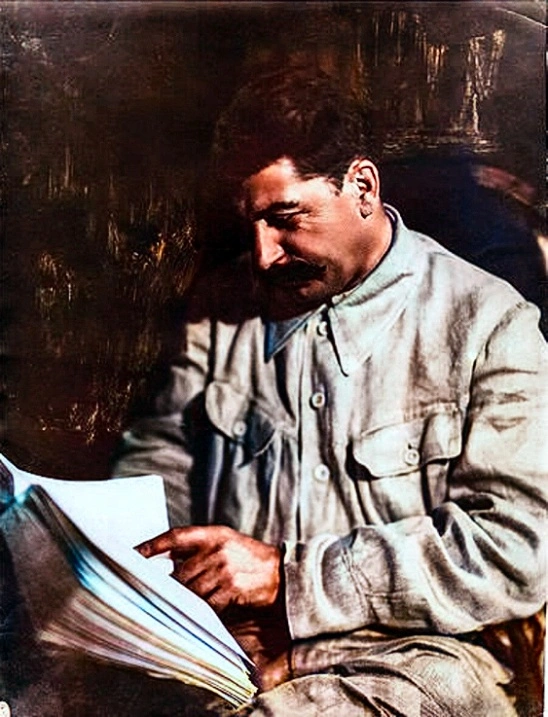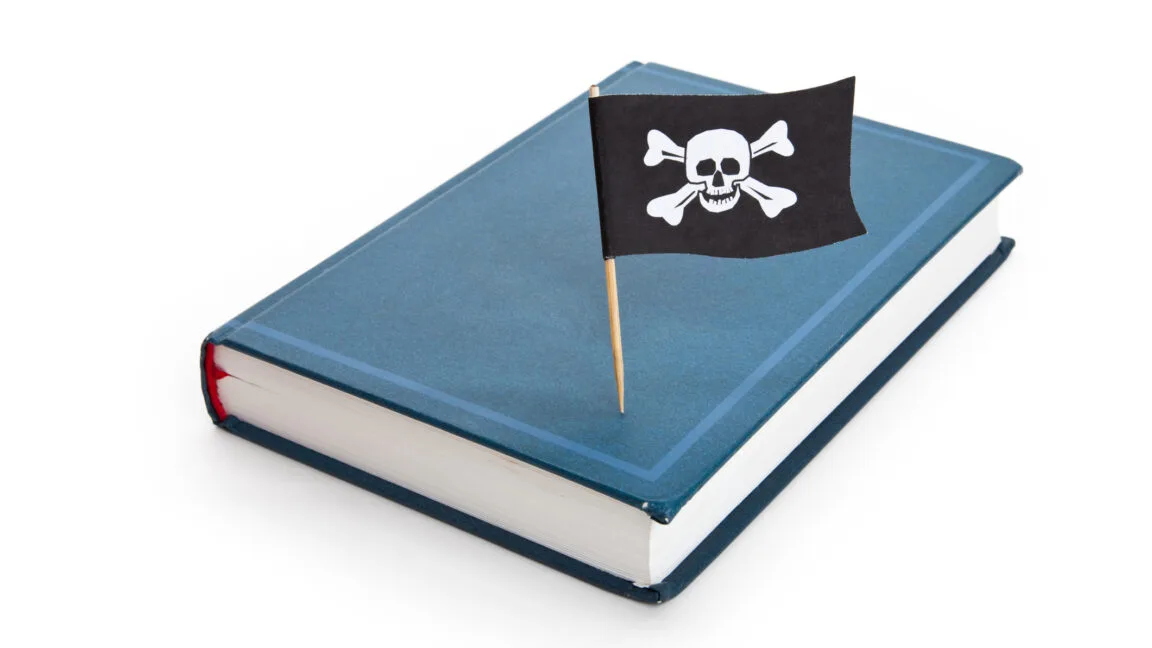They also didn’t seed,
Supposedly, Meta tried to conceal the seeding by not using Facebook servers while downloading the dataset to “avoid” the “risk” of anyone “tracing back the seeder/downloader” from Facebook servers, an internal message from Meta researcher Frank Zhang said, while describing the work as in “stealth mode.” Meta also allegedly modified settings “so that the smallest amount of seeding possible could occur,” a Meta executive in charge of project management, Michael Clark, said in a deposition.



Under the law, people can actually be charged up to $150,000 per infringement. In reality, it is in the $10k to $20k per infringement range, but I don’t think this happens much anymore. There were a bunch of lawsuits 10-15 years ago.
For example: https://www.theguardian.com/technology/2012/sep/11/minnesota-woman-songs-illegally-downloaded
The article that you posted does not even align with what you are saying. The article that you posted aligns with what I am saying. The article also says in the headline that the RIAA has realize that suing individual downloaders is an ineffective legal strategy.
That article does not say that people are being fined by the government because copyright infringement in most cases is not a criminal case, it’s a civil case. The article itself says that the state isn’t pursuing it. That article says that copyright trolls harassed 18000 people, 7000 people didn’t even respond and 11000 settled out of court or “were not prosecuted”. Weird that it doesn’t even say how many people even settled of court.
Why are you posting like you work at the RIAA? “Under the law, people can actually be charged up to $150,000 per infringement” Under what law? Why don’t you know the difference between a civil case and a criminal case? I already told you that criminal copyright infringement is different from civil copyright infringement. The woman in the article you posted was not being fined by the government. She was being sued in a civil case for uploading music on Kazaa, not even for downloading.
On top of that, the woman who was being sued in the article that you posted never even payed the damages. She declared bankruptcy to avoid paying the damages. “In March 2013, Thomas-Rasset announced she would declare bankruptcy to avoid paying the RIAA the $222,000.”
https://en.wikipedia.org/wiki/Capitol_Records%2C_Inc._v._Thomas-Rasset#Aftermath
Repeating what I said in my previous posts. “In most cases copyright infringement is a civil case, not a criminal case. That means that you are prosecuted by the copyright holder and not the state. The copyright holder has to take you to civil court to sue you.” “For it to become a criminal case, you basically have to be charging money for pirated content.” “the copyright holder has to actually take you to court and prove that you infringed the copyright, which is very difficult to prove.”
https://en.wikipedia.org/wiki/Criminal_copyright_law_in_the_United_States#Legal_definition
In order to be fined by the government for piracy, the government would have to prove that you infringed copyright for “financial gain”, ie you made money, harmed your financial competitor, etc. If you were charging money for distributing pirated content, it would be criminal. If you financially gain from operating a website which distributes pirated content, it could be criminal.
Pirating books (without charging money) would be a civil case, if even prosecuted, and the copyright holder would have to track you down and then file a court case against you and then make a case against you in court. That is very difficult and costly. This is something that is very unlikely to happen, especially if you use a VPN to mask your internet connection or avoid using peer to peer transfers.
I’m not sure why you are so worried about this. I am saying that this does not happen anymore, but there was a time when there were lawsuits against infringers that were in the range of $10k-$20k per infringement. Apologies that I don’t know the ins and outs of civil law.